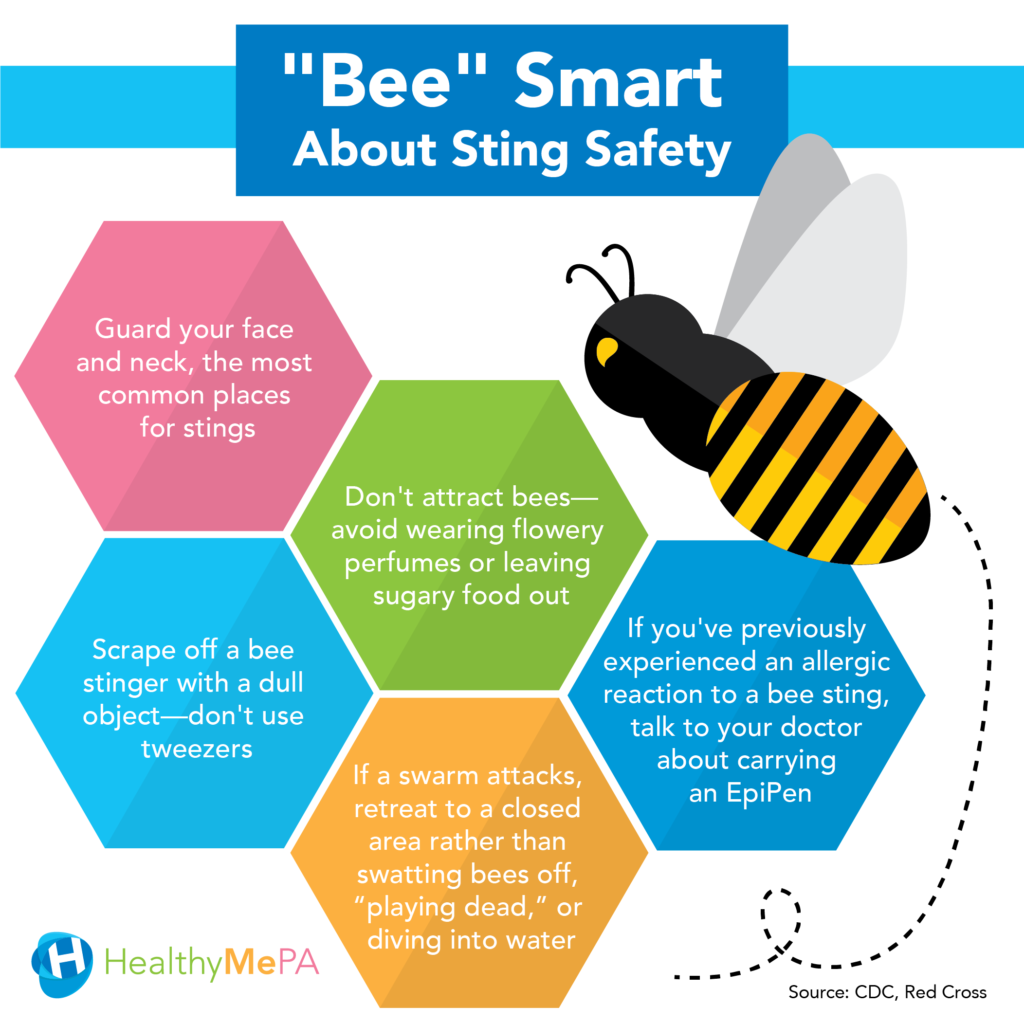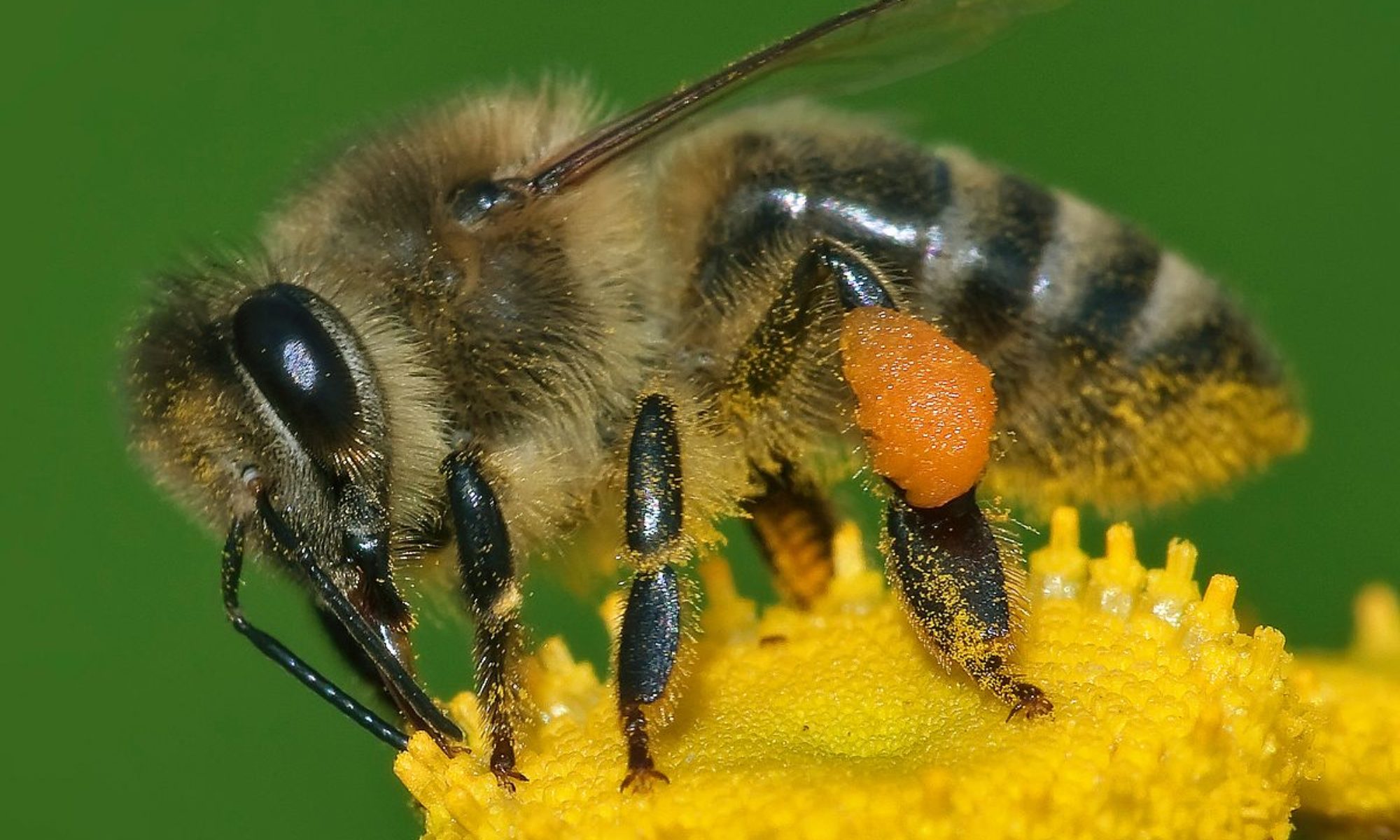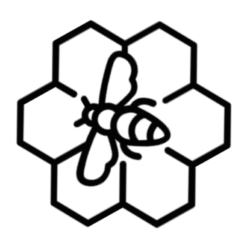Don’t panic and do your best to not disturb the bees. Sudden movements and banging on their home is sure to stir them up. They are attracted to sweat and carbon dioxide (our exhale). The best thing to do would be to call a professional bee hive removalcompany asap and keep a safe distance.
For the most part, Africanized bees do exist in all over Florida. Most of the honey bee colonies we remove are typically your average honey bee colony with some africanized traits. They are not African “Killer” Bees. Every once in a while however, we do come across some honey bees that is so mean that they are hard to work. For these jobs, one must stay completely covered up in protective gear until leaving the job site and keep everyone else inside.
A more defensive honey bee colony doesn’t necessarily mean it is Africanized. The temperament of the colony is determined by the queen’s genetics and size of the colony. Some breeds are more defensive than others, such as Russian bees. This problem is something that can be remedied. After removing and relocating a bee hive, the temperament of the colony can be changed by simply replacing the queen with a queen of more gentle genetic stock.
States that have seen the most incidents of Africanized honey bees are Florida, Texas, Arizona, New Mexico, and California. Although the Africanized bees can be a concern, the media has hyped them up a bit in their usual fashion. That having been said, our advice is to be cautious around any kind of bees nest.

If you are being stung by bees, the best response is to run away covering your nose and eyes until they stop chasing you or to go inside as quickly as possible. If you run into a car, do not get out again even if you have a few bees in the car. Also, do not to jump into a body of water, as the bees can still be waiting for you when you come up for air.


